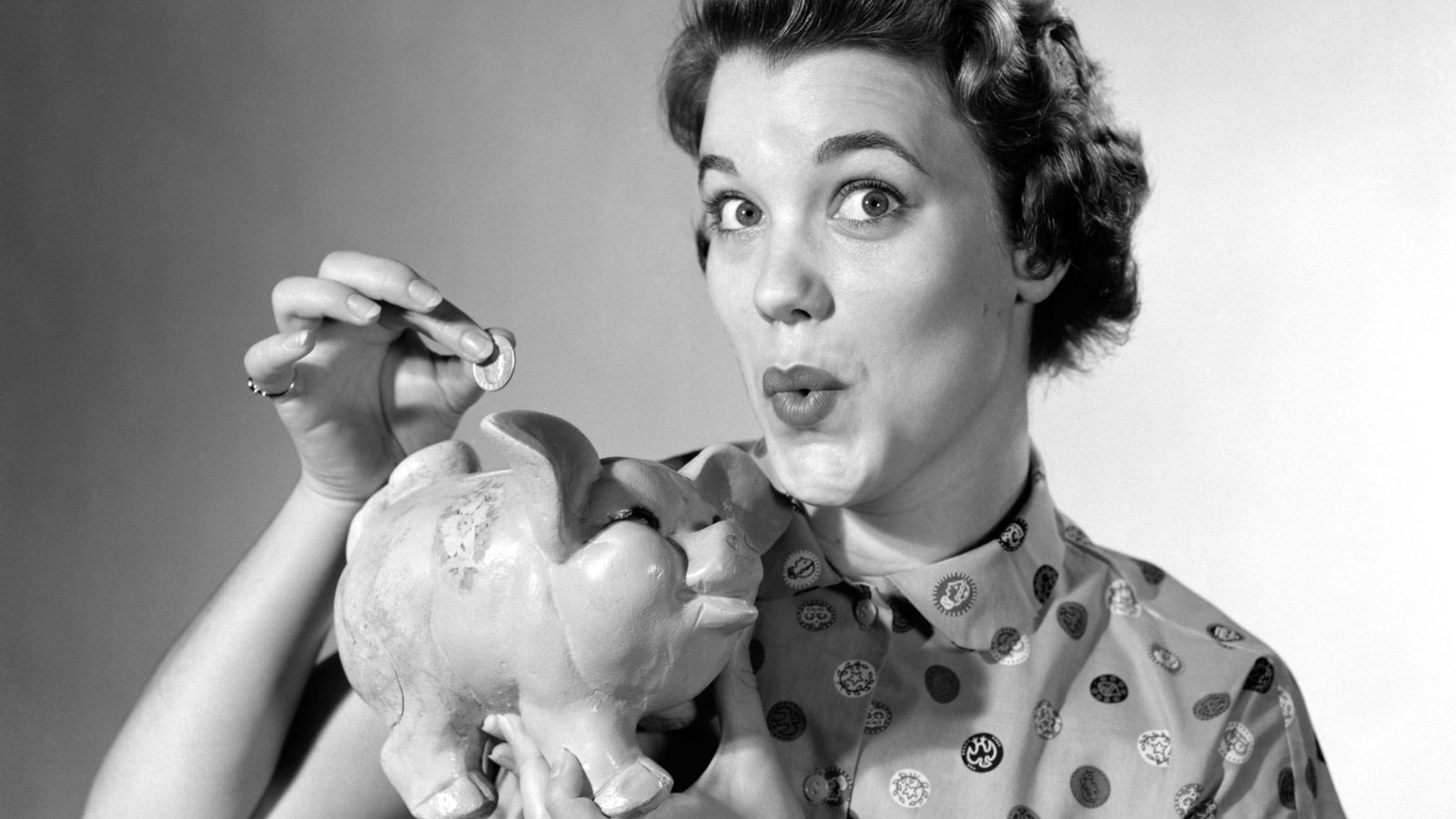What is Financial Inequality?

This year marks the 90th anniversary of ‘votes for women’ yet despite much progress, financial inequality is still one of our greatest social challenges. Research suggests that the pension pot for the average woman could still be as much 10% smaller than for the average man.
The typical pension pot for a man currently aged between 25 and 34 will eventually be worth £142,836 at the State Pension age of 68. This is compared to £126,784 for women.
What Causes Financial Inequality?
Financial gender disparities are often the result of many factors. Women typically still earn less than men for doing the same work. They are also often worse off financially as a result of career breaks taking time away to raise children (“motherhood penalty”) and care for elderly relatives (“the good daughter penalty”). Divorced women are also often much worst off than their married counterparts.
In addition, about half of women with a pension don’t know where it’s invested and one third don’t know how much it is worth, so often don’t realise they need to take action to create a bigger pension pot.
The Fidelity International report ‘The Financial Power of Women’ shows that women could close the gender pension gap by dedicating an additional 1% of their salary towards their pension early on in their careers. This works out at an average of just £35 per month in contributions over 39 years.
How to Stop Financial Inequality
The Financial Power of Women report used research from around 2,000 people across the UK (1,000 women and 1,000 men) to identify the barriers that stop women from investing. These were found to include salary limitations, household costs and chores. Nearly a quarter of respondents said a reduction in household costs would leave them with more to invest each month. An additional third of women felt that a salary increase would encourage them to invest. The findings support the idea that the gender pay gap is still a key factor that prevents women from taking risks with their earnings when it comes to investing.
One in ten female respondents said that they did not feel at all comfortable choosing financial products and services. More women than men described the way investment is explained as ‘complicated’, ‘incomprehensible’ and ‘intimidating’. This demonstrates the lack of trust and understanding in the investment industry.
The report also highlights the differences in the types of investments men and women are likely to make. When it comes to Individual Savings Accounts (ISA’s), women are more likely to choose cash ISA’s with men preferring Stocks and Shares ISA’s. In addition women still tend to believe that investing in property holds a greater degree of security than choosing other investment products. However, property is not usually a substitute for a decent pension pot.
We’ve long know about the differences between men and women when it comes to investment attitudes and implications for financial planning. This research highlights the importance of understanding the factors which can result in worse financial outcomes for women, and taking positive action to address this gender gap early in life, when it can still make a meaningful difference.
The value of investments and any income from them can fall as well as rise and you may not get back the original amount invested. HM Revenue and Customs practice and the law relating to taxation are complex and subject to individual circumstances and changes which cannot be foreseen.


 What’s on Your Bucket List?
What’s on Your Bucket List?